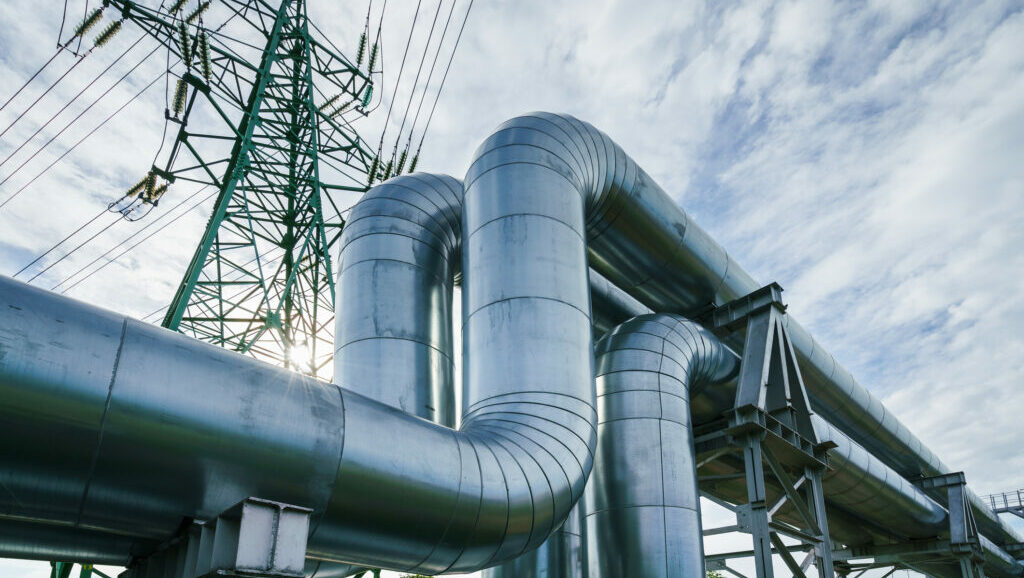Turkey has deferred payment to Russia of a $600 million natural gas bill to 2024, Reuters reported, citing two sources on Wednesday, the first such postponement under a deal announced last week that underlines deepening ties between Ankara and Moscow.
Under the terms of the agreement, up to $4 billion in Turkish energy payments to Russia may be postponed until next year, both sources told Reuters on condition of anonymity.
Details of the deal have not previously been disclosed.
Turkey, which is preparing for elections on Sunday, depends heavily on energy imports, and Russia is its largest supplier.
The gas payment deal relieves some pressure on Turkey’s foreign reserves, which have been depleted by unorthodox economic policies meant to support the lira as well as rising energy prices after Russia’s invasion of Ukraine last year.
“Officially a payment worth $600 million has been postponed to next year. The increase in energy prices had a huge impact on this,” one of the sources with knowledge of the matter said.
The source said Turkey could push back further such payments in the coming months depending on the course of energy prices.
The Russian and Turkish energy ministries, and their respective energy companies Gazprom and Botaş, have not responded to requests for comment on the issue.
Turkish Energy Minister Fatih Dönmez said last week that Turkey and Moscow agreed a deal allowing Ankara to defer energy payments up to a certain amount, but did not give details.
Turkey’s energy import bill hit a record near $100 billion in 2022, and in the year to February it imported 39 percent of its total 53.5 billion cubic meters of natural gas from Russia.
Growing ties
The deal underlines ties between Russia and Turkey, with the closeness between Presidents Vladimir Putin and Tayyip Erdoğan allowing them to hold frequent talks on issues ranging from energy to the wars in Ukraine and Syria.
Turkey has sought to strike a balance in the war between Russia and Ukraine, opposing the Western sanctions on Moscow while providing arms to Kyiv. Ankara also helped broker a deal that allowed the resumption of Ukrainian grain.
Ankara and Moscow have also cooperated over other regional conflicts, mainly thanks to the rapport between their leaders, helping them reach solutions in Libya and Syria and between Armenia and Azerbaijan despite mostly backing opposing sides.
More recently, Russia’s state nuclear energy company Rosatom built the $20 billion, 4,800 megawatt (MW) Akkuyu nuclear power plant. Erdoğan previously suggested further cooperation with Russia in the defense and energy sectors.
The growing relations have also raised concern from the West that Turkey was straying from its NATO ties. Ankara says it remains true to NATO but needs to balance its relations.
Polls show Turkey’s Erdoğan could lose the election largely due to a cost-of-living crisis and the sharp depreciation of the lira, largely brought on by his government’s program of slashing interest rates despite high inflation.
